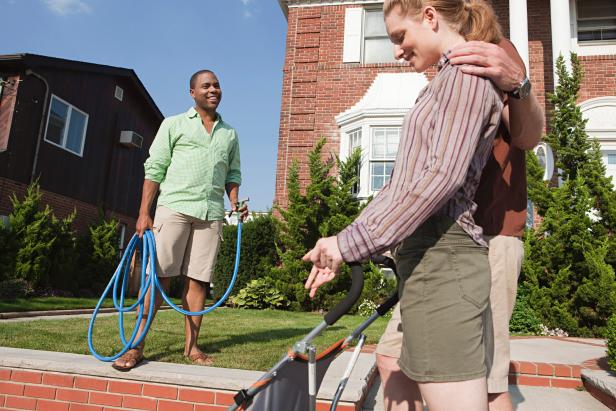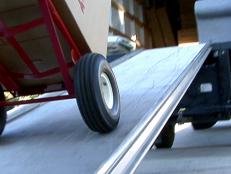What You Need to Know About HOAs

iStockphoto.com/IS_ImageSource

Talk to anyone who owns a condo or a home in a planned unit development, and they'll warn you about the homeowners association (HOA). You shouldn't be scared, but realize it does wield a lot of power in the community it governs. So before you buy a home in a particular neighborhood, research the HOA.
When a developer builds a condo building or townhome complex, it creates a legal entity known as the HOA, which allows the developer to transfer ownership and management of the community to the homeowners after it has sold a predetermined number of units or lots.
Do the Research
The HOA manages the common areas and amenities, and it enforces what are called covenants, conditions and restrictions (CC&Rs), which all homeowners in the development must follow. Review each of these documents before buying:
- CC&Rs. These rules can limit anything from what kind of improvements or alterations you can make to how many pets you can have;
- Homeowners association bylaws. These dictate in fine detail how the association should operate;
- HOA budget and financial statements. The budget should cover day-to-day operating expenses, such as maintenance costs, staff salaries and utilities. At least 3 percent to 5 percent of its gross operating budget should go into a reserve for occasional repairs, such as paint jobs or new roofs. If the budget is unrealistically low, you’re at risk for increased dues or special assessments. Study operating budgets and financial statements for the past several years to look for signs of poor monetary management;
- HOA meeting minutes. Get up to speed on what the HOA is working on.
See What You Get
When you buy a unit or lot in the development, you become a member of the HOA and must pay monthly dues. A portion goes toward upkeep of common areas, and the rest goes into a reserve for potential repairs. Dues typically range from $150 a month to $600 a month, depending on the amenities you get.
Access to amenities makes up one of the most appealing reasons for buying an HOA-governed home. You'll get luxuries you wouldn't be able to afford on your own, such as swimming pools, tennis courts and fitness centers. Potential savings in home-related expenses holds another advantage over single-family homes. Condos, for instance, are usually cheaper to maintain as homeowners share the cost of upkeep and repairs. Since the HOA handles maintenance, not having to clean the pool or fix broken exercise equipment becomes another perk.
Know Your Restrictions
You've probably already heard the biggest complaint about HOAs: the CC&Rs. These rules are meant for the good of the community, but for some, they may seem too restrictive. CC&Rs and bylaws are extremely difficult to get around, so be sure to review these documents carefully before you buy a home. Be prepared for special assessments, especially in older buildings. If the roof needs to be replaced, the HOA will collect money from each homeowner to cover the cost.














































